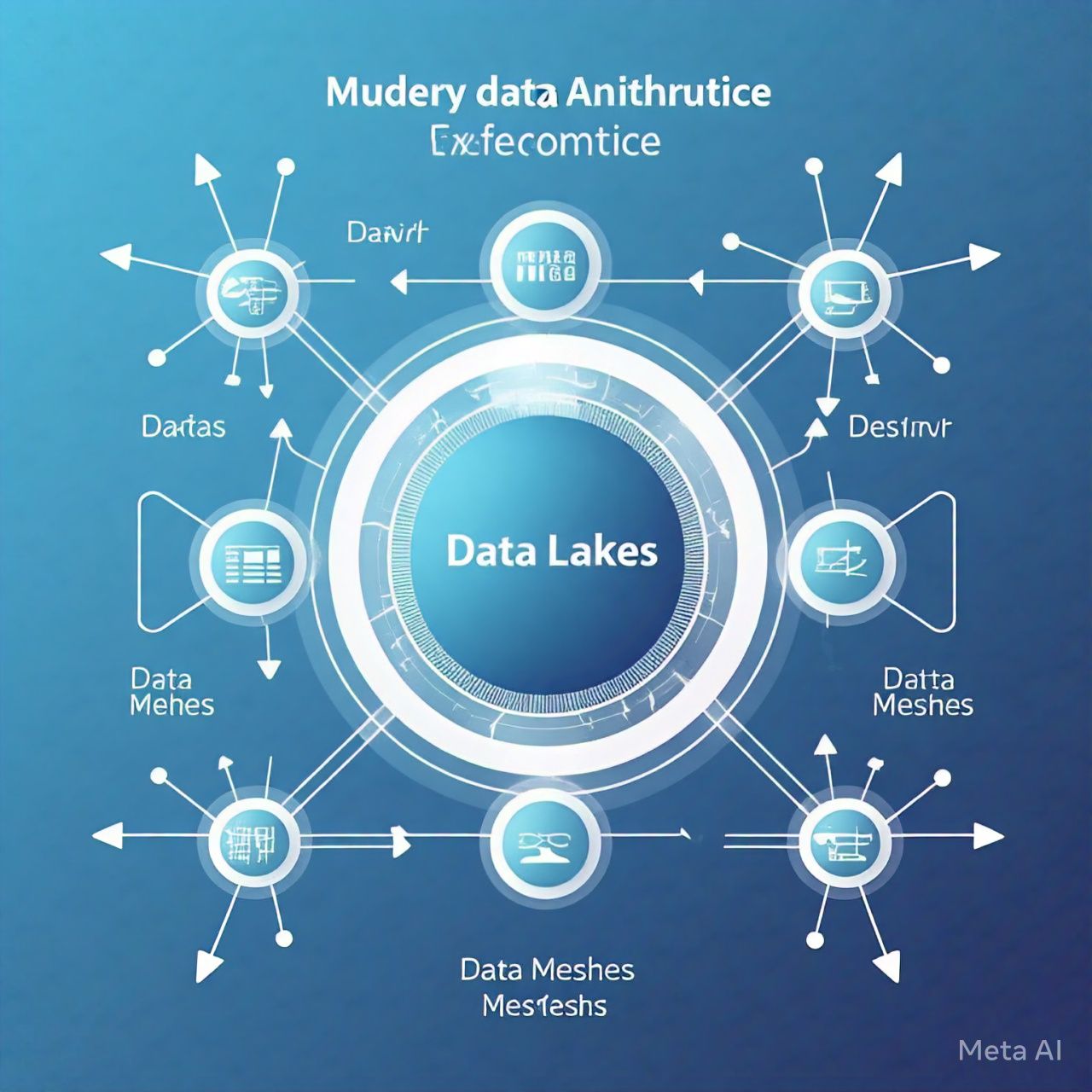The rise of artificial intelligence (AI) is fundamentally reshaping the business landscape. As companies increasingly rely on data to drive decision-making, innovation, and competitive advantage, the role of the Chief Data Officer (CDO) is undergoing a dramatic transformation. No longer solely focused on data governance and infrastructure, today’s CDO is a strategic leader at the forefront of AI adoption and digital transformation.
From Data Steward to AI Strategist
Historically, the CDO’s primary responsibility was to ensure data quality, security, and compliance. They were the guardians of the organization’s data assets, focusing on building and maintaining robust data infrastructure. While these responsibilities remain critical, the advent of AI has added a new dimension to the role. The CDO is now expected to be a key player in developing and executing the organization’s AI strategy.
This shift demands a broader skill set. The modern CDO needs to understand not only data management but also the intricacies of machine learning, predictive analytics, and the broader AI ecosystem. They must be able to identify opportunities where AI can deliver business value, translate those opportunities into actionable projects, and oversee their successful implementation.
Championing Data-Driven Culture and AI Literacy
Beyond technical expertise, the CDO plays a vital role in fostering a data-driven culture within the organization. This involves promoting data literacy across all departments, empowering employees to leverage data in their daily work, and breaking down data silos that hinder innovation.
In the age of AI, this cultural shift takes on even greater significance. The CDO must champion AI literacy, ensuring that employees understand the potential and limitations of AI, as well as the ethical considerations surrounding its use. This may involve developing training programs, establishing clear guidelines for AI development and deployment, and fostering open communication about the impact of AI on the workforce.
Bridging the Gap Between Business and Technology
The CDO’s position at the intersection of business and technology makes them uniquely qualified to bridge the gap between these two often-siloed functions. They must be able to translate complex technical concepts into language that business leaders can understand, while also ensuring that AI initiatives are aligned with overall business goals.
This requires strong communication, collaboration, and influencing skills. The CDO must be able to build relationships with stakeholders across the organization, from the C-suite to front-line employees. They need to be able to articulate the value proposition of AI in a compelling way, secure buy-in for AI projects, and effectively manage change as AI is integrated into existing business processes.
Driving Ethical AI and Responsible Data Use
As AI becomes more pervasive, the ethical implications of its use are coming under increasing scrutiny. The CDO is at the forefront of this conversation, responsible for developing and implementing policies that ensure responsible AI development and deployment.
This involves addressing issues such as bias in AI algorithms, data privacy and security, and the potential impact of AI on the workforce. The CDO must be a champion for ethical AI, advocating for transparency, fairness, and accountability in all AI-related activities. They should stay abreast of the latest developments in AI ethics and ensure that the organization’s practices are aligned with industry best practices and regulatory requirements.



